#Al Murray
Text
Anthony, Benedict, and Colin:
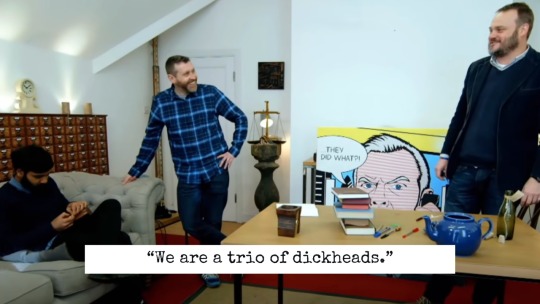
#bridgerton#anthony bridgerton#colin bridgerton#benedict bridgerton#taskmaster#incorrect quotes#bridgerton netflix#the viscount who loved me#romancing mister bridgerton#an offer from a gentleman#kathony#polin#the bridgerton brothers know how to make love harder than it needs to be#tvwlm#Al Murray#paul chowdhry#dave gorman
268 notes
·
View notes
Text
Taskmaster Team Introductions: Series 3
Team 1 (Al, Dave, and Paul)


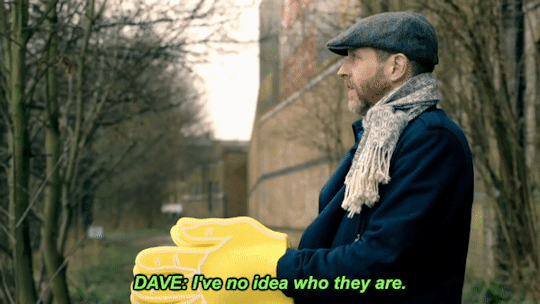
vs Team 2 (Rob and Sara)


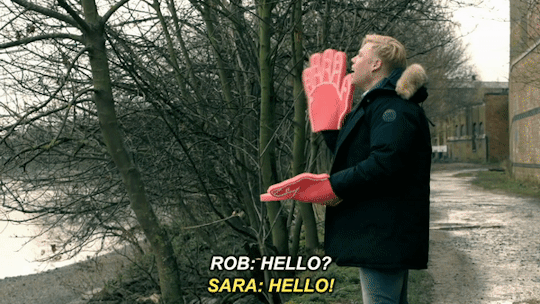


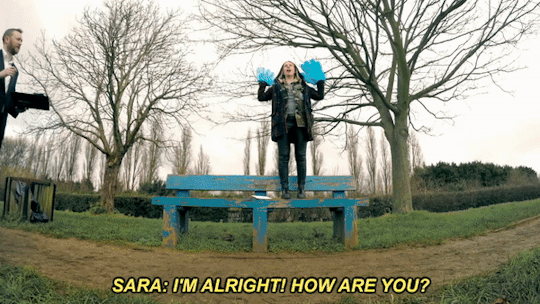
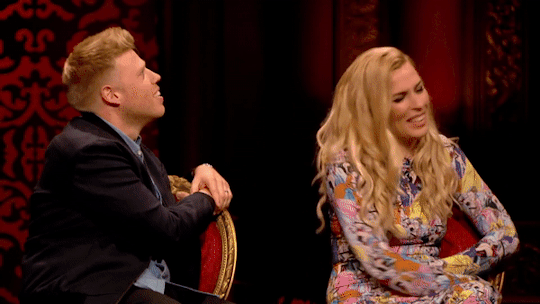
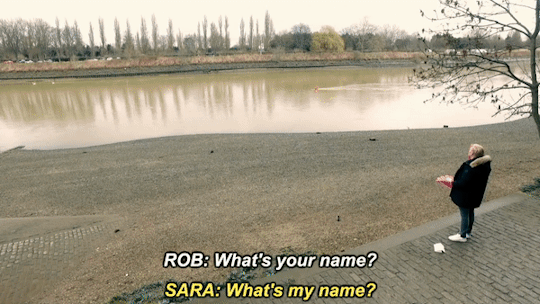

Results so far:
Series 1 - Tim and Frank
Series 2 - Jon and Richard (and Josh)
#taskmaster#rob beckett#sara pascoe#paul chowdhry#al murray#dave gorman#tm: team intros#fuck me i forgot how funny rob and sara's was#i mean is there any competition here really?
25 notes
·
View notes
Text
Dave Gorman: And then I had to go on tour and I missed my baby so much that I bought another one [...].
Al Murray: Another baby?
Dave Gorman, Al Murray (series 03, episode 03: Little polythene grief cave)
Prize task.
10 notes
·
View notes
Photo

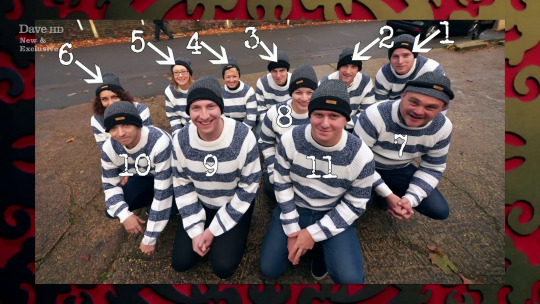

85 notes
·
View notes
Text
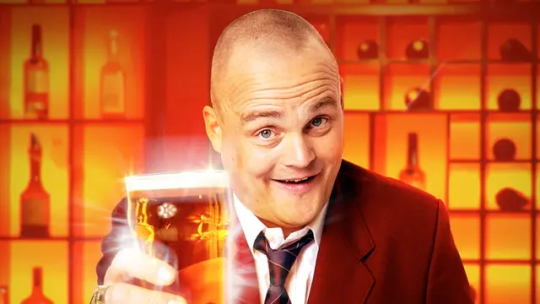
4 notes
·
View notes
Text


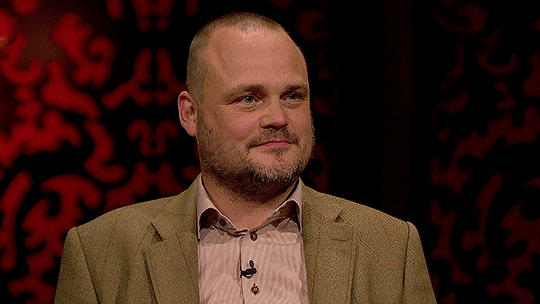


TASKMASTER'S INTROS:
↳ Al Murray
9 notes
·
View notes
Photo

Taskmaster (2017): Friendship is Truth
#taskmaster#taskmaster s4#s04e04#alex horne#greg davies#tim key#romesh ranganathan#jon richardson#roisin conaty#frank skinner#josh widdicombe#paul chowdhry#katherine ryan#doc brown#joe wilkinson#richard osman#sara pascoe#rob beckett#al murray#dave gorman#having the photos of previous contestants in the taskmaster house was really cute#the editors and set designers of the show deserve more recognition
22 notes
·
View notes
Text

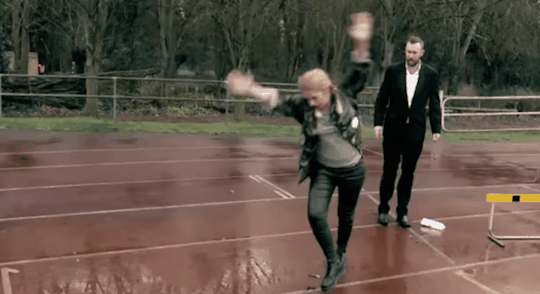

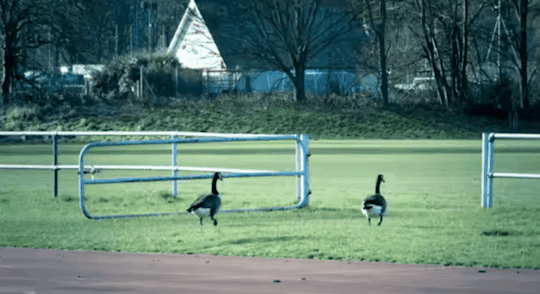
Taskmaster Location Task Settings
Series 3:
Barn Elms Sports Trust
Barnes, London
7 notes
·
View notes
Text
Previous Prize Task Polls
Please reblog if you vote
#taskmaster#greg davies#alex horne#series 3#al murray#dave gorman#paul chowdhry#rob beckett#sara pascoe#polls
2 notes
·
View notes
Text
Command: How the Allies Learned to Win the Second World War by Al Murray
If you want to scare a historian, show them a history book written by a comedian. Popular history honestly has a bit of a bad rap in academic circles - to the point where academics have been shamed for having the audacity to use ‘trade publishers’ instead of the proper sort - and it’s entirely unjustified. For every Simon Sebag-Montifiore (who’s Stalin biography, The Court of the Red Tsar, comes highly recommended) there’s a dozen Peter Fitzsimonses. With this in mind, I imagine seeing Al Murray’s name emblazoned on the cover of a new Second World War book would evoke similar reactions to seeing Seth Meyers writing about the Roman Empire. The ‘Pub Landlord’ taking on Montgomery? Laughable!
Well, it might be that Murray gets the last laugh here, because not only has he written a serious book on the Second World War, he’s written a surprisingly good one.
I should qualify all this by saying that this isn’t something Murray just woke up and decided to do - he’s clearly had an interest in the last world war for some time. For the past two years or so, he’s run a podcast with James Holland about the conflict, which I haven’t listened to but have heard is pretty good. While I wouldn’t call Command a ‘scholarly’ work, I would call it a ‘serious’ one, and it’s very clear Murray has put a lot of thought into the book. This is definitely not a cash grab by a famous person, nor a political screed disguised as history (Keith Windshuttle, I’m looking in your direction); I’d probably call it a passion project.
Command isn’t really a point-a to point-b overview of the Western Allied war effort. Rather, it’s a series of ten studies on individual war leaders, each of which ties into a basic theme. There is a caveat - the selection clearly and unabashedly displays Murray’s interests. Of the ten subjects, two are American and eight are British. (Well, seven are British, and then there’s the New Zealander Bernard Freyberg.) There’s very little about the island hopping campaign in the Pacific, with the lion’s share of the Asian focus being on Burma. One might cynically say that the book ought to be called How the British (with a little help from Patton and Bradley) Learned to Win. I don’t think this is a bad thing, because it’s far better for an author to write what they know than to try and cover everything, but it’s worth letting you know in case you expected, say, MacArthur to show up. Where Command is particularly diverse is in the levels of command it analyses; from army group command right down to battalion and platoon level. This could have been unwieldy, but by tying his studies to specific personages, Murray makes it manageable.
This not being a ‘scholarly’ work (I know I’m saying that word a lot, but I’m trying to be categorical, not prejudiced), Murray is able to use a more conversational vernacular that I think works for him. Some might consider it too conversational - I don’t think he once calls Sir Archibald Wavell by his full name - but I personally have never been one to disparage a strategically placed ‘fuck,’ so it worked for me. He wears his opinions and judgements on his sleeve - one doesn’t need to be a genius codebreaker to realise that he doesn’t have a very rosy outlook on Orde Wingate, for example, or that he might possibly believe William Slim was a rather able general.
The one thing that I think lets Command down is the editing. There are a lot of places where I feel like it could have used another onceover - there aren’t any typos, per say, but there’s a few em dashes that I think could have been commas or semicolons, some of the sentences run on a bit, and there was one point where a battalion appeared to simultaneously be the 13th and 15th Warwicks. It doesn’t destroy the book, but it’s something to consider for future reprints.
I liked Command, and I would recommend it, but I think it’s going to be a bit of a marmite book. If you’re happy for a book to be a little unconventional in style, and you don’t find a large focus on the British, I reckon this book is worth a shot. If you prefer your books to be a little more academic in language, or you think it needs more Mac or Matthew Ridgeway. If you think he should have had a chapter praising General Clark, get out. I’d say give it a try. You’ll know after the first two chapters if you’ll like it or not, and it won’t take too much time out of your day. It certainly beats a Fitzsimons book - or Max Hastings, for that matter.
3 notes
·
View notes
Text
HIGNFY's Guest Webterview: Al Murray
In the spirit of the recession this interview was conducted in a cold Woolworth's storeroom and recorded onto a wax tablet.
Q1. So, first time hosting the show. How are you feeling?
It's terribly exciting. I remember when I first came to London after leaving university, on Friday nights we'd watch this when it was on BBC 2 and it was this brand new exciting 'my-God-they-are-being-rude-about-the-news' programme. So to have ended up on it is pretty cool.
Q2. As the Pub Landlord, have you ever had to throw anybody out of a gig?
No, but I've had people leave in weird ways. I did a run in a theatre on Embankment years ago and there was a couple at the front. He'd obviously brought her to the show and it wasn't working out. And she didn't like it. So twenty minutes in they left and ten minutes later he came back, and they had broken up in the interim. He'd put her on the tube and sent her home and he'd come back on his own. So, not throwing someone out but breaking people up.
Q3. You've toured with Harry Hill and Frank Skinner. What's the most rock and roll thing you've ever done?
Touring is so boring. That's why people do rock and roll things, because it's so tedious. I remember we went to Alton Towers once on our way somewhere, that's about as good as it gets really... aside from a lot of drinking. Drinking and eating curry.
Q4. You did the pub landlord for a number of years before you broke through into TV. Do you think these days there's too short a gap between being discovered and getting on telly?
Well in my case no, obviously there was too long a gap. But what can happen to people is they get essentially over-promoted and they are not quite up to it and they get caught out. They can't write the material and they don't know how to trust writers and trust people with what they are doing. They think it has to be all them. The thing I've learnt over the years is that if you can get people to tune into what you are doing, you are much better off collaborating because being a standup is so solitary.
Q5. We've heard you're an avid drummer. Are you still at it?
Yes I am, I've just joined a band and we've got a gig next week. I play a lot and I'm really, really into it. I'm doing a thing the week after next which is a thing for a cymbal company honouring Ginger Baker. I hang out with drummers. One of the weird privileges of having become faintly famous is that I get asked to do things like that.
Q6. I'm sure you are excited by the fact this interview is going out online. How do you think the Internet will shape comedy in future?
The thing I've noticed is your stuff ends up on YouTube very quickly. It's like when TV first came along, all those comics who had 12 minutes for 15 years were caught out very quickly and it's like that but all over again. I can't slip an old joke in because they would have heard it. I've done 6 touring shows that are two hours long, so that's twelve hours of material in which I can't repeat myself. It's changing things enormously. What's great about it too is that people are making their own telly.
1 note
·
View note
Text
Queen + Paul Rodgers live at the O2 Arena in London, UK - October 13, 2008

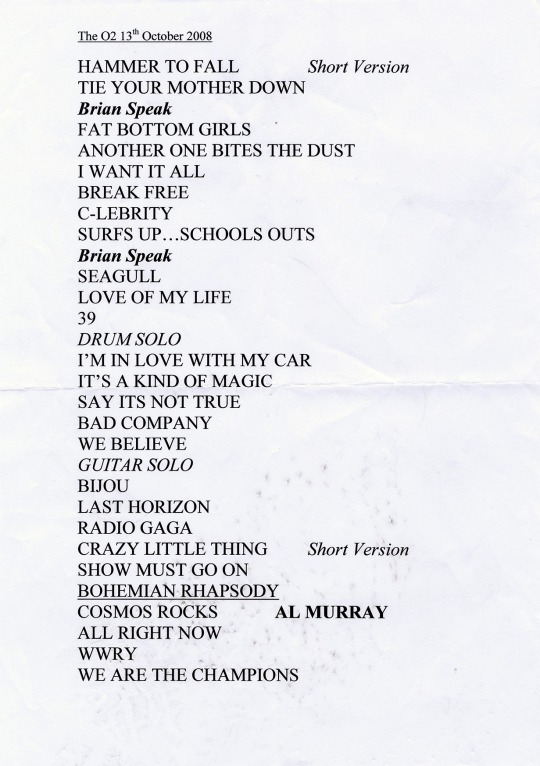

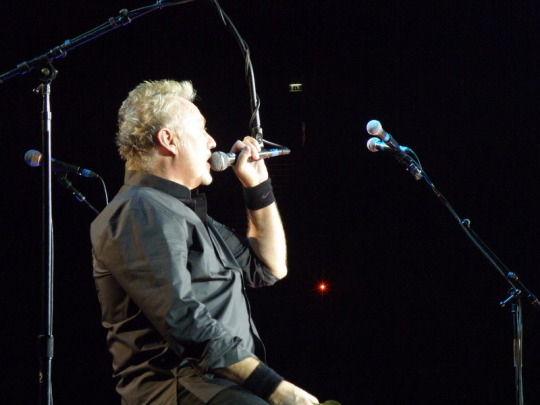
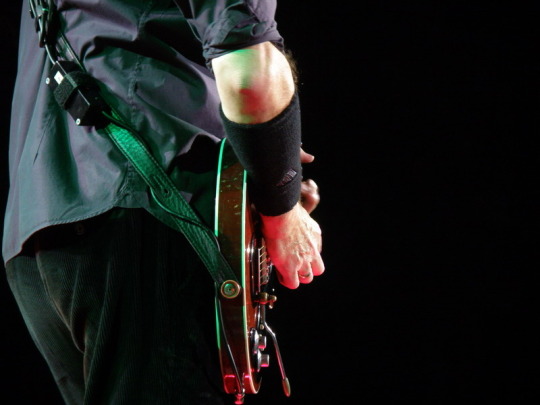




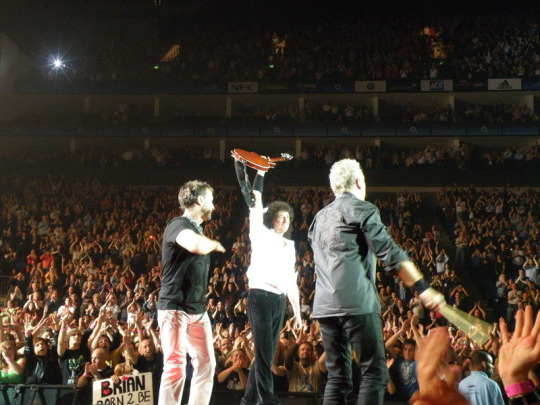
Photos supplied by: Sarah Watkin, Maciej Bogusz
Al Murray guested in Cosmos Rockin'. Roger's mum was in the audience.
(x)
#queen#queen band#roger taylor#brian may#paul rodgers#al murray#queen concerts#queen scans#winifred taylor
4 notes
·
View notes
Text
Dave Gorman: 'Cause it's microwaves and they're magic.
Al Murray: Yeah, but I can cook eight things at once... with my clock.
Dave Gorman, Al Murray (series 03, episode 01: A pea in a haystack)
Prize task.
9 notes
·
View notes
Photo
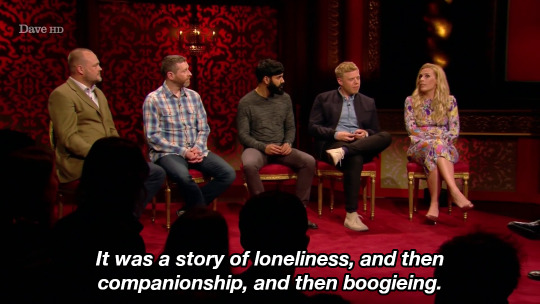
#taskmaster#sara pascoe#al murray#dave gorman#paul chowdhry#rob beckett#the f.i.p.#3x5#no context taskmaster
57 notes
·
View notes
Text




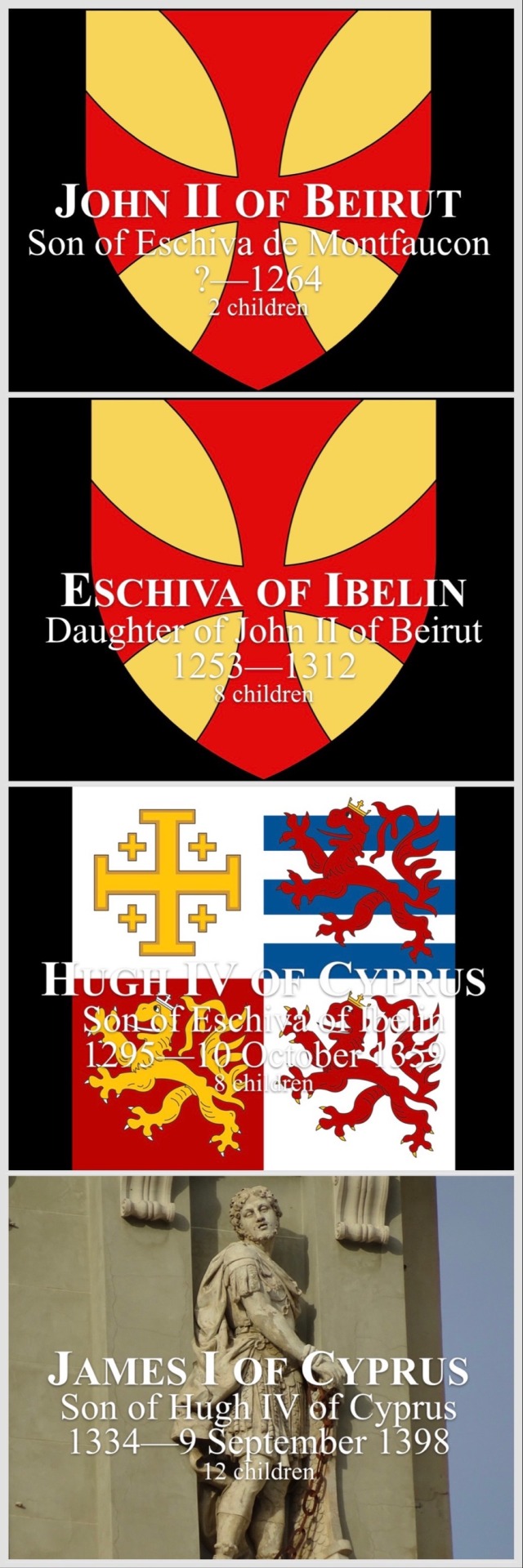

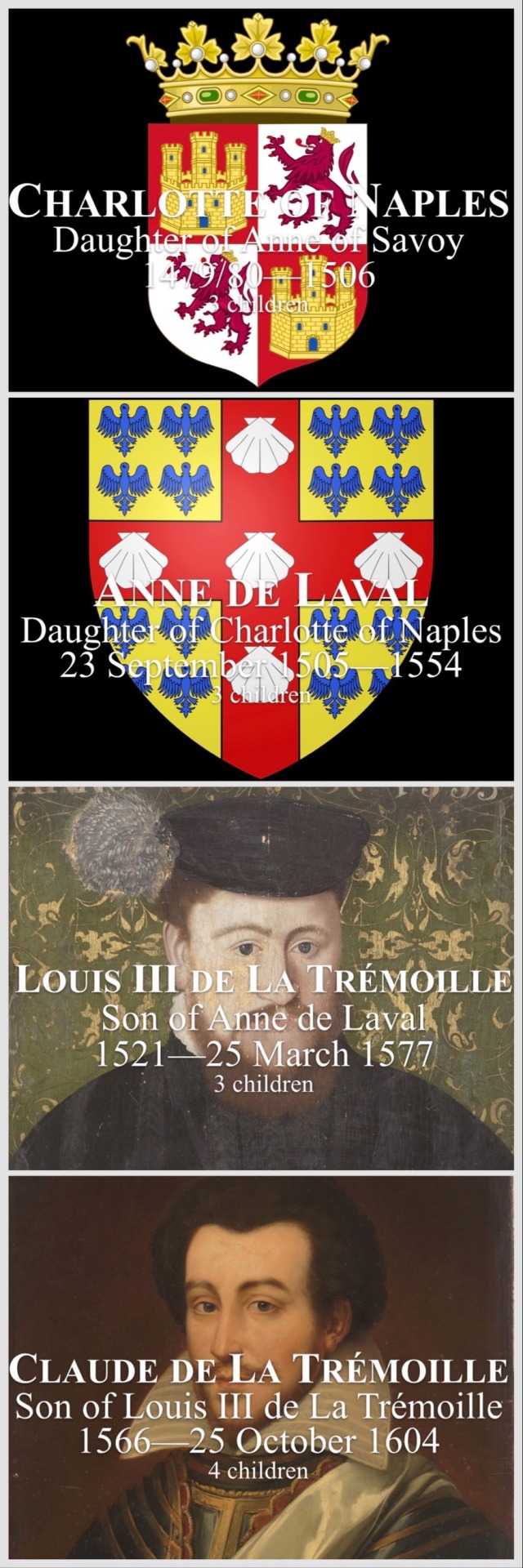
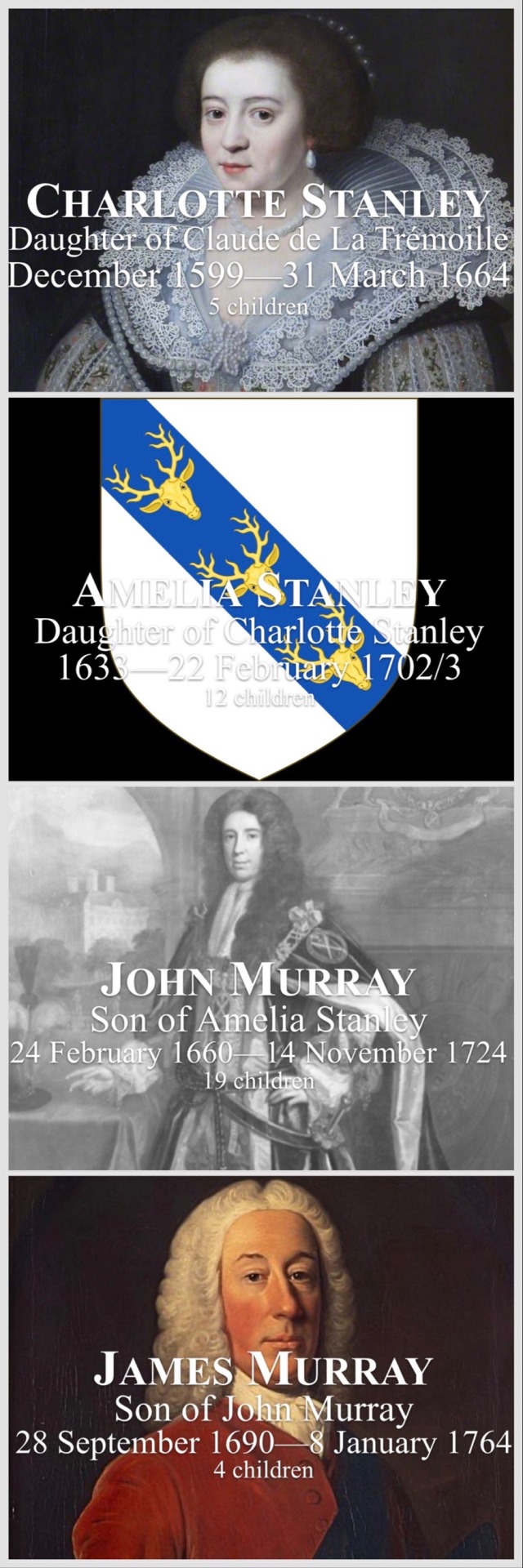


Descendants of Alfred the Great
#descendants of alfred the great#alfred the great#edward the elder#eadgifu of wessex#louis iv#matilda of france#matilda of swabia#james i of cyprus#janus of cyprus#anne of cyprus#amadeus ix of savoy#louis iii de la trémoille#claude de la trémoille#charlotte stanley#john murray#james murray#george murray#al murray
0 notes

